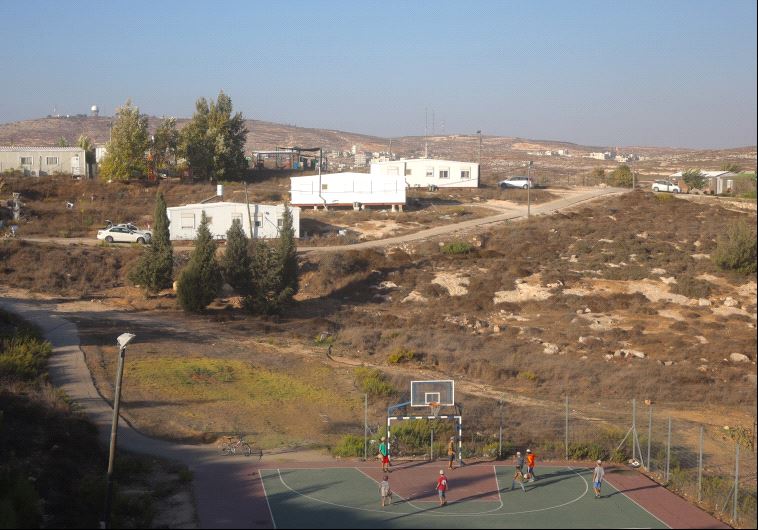Controversial settlement bill moves forward with preliminary Knesset approval
Bennett: Revolutionary bill leads the way to annexation; Kahlon says legislation balances rule of law with settlements.
 (photo credit: MARC ISRAEL SELLEM/THE JERUSALEM POST)Updated:
(photo credit: MARC ISRAEL SELLEM/THE JERUSALEM POST)Updated: